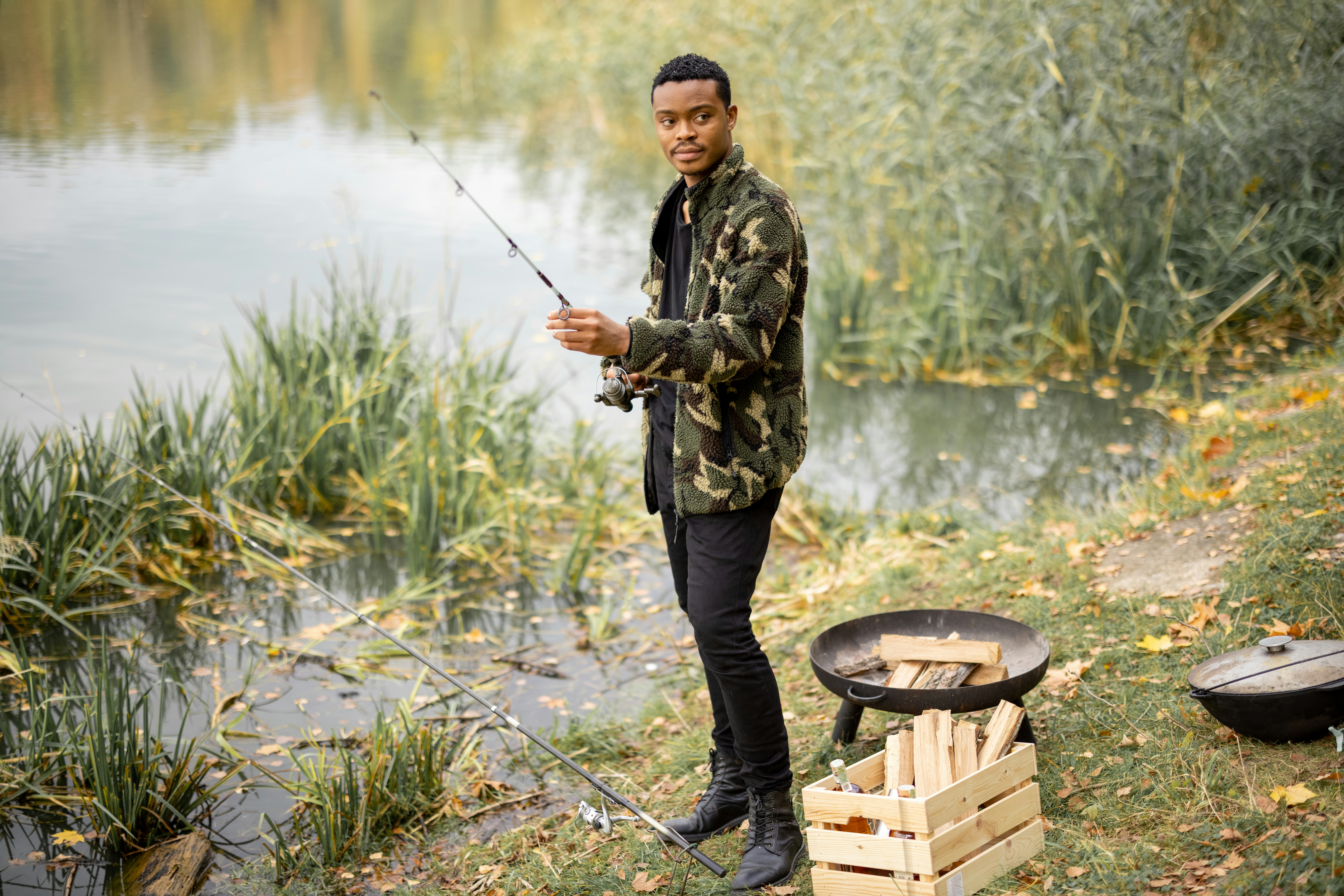
Hunting and fishing are some of humanity’s oldest practices, dating back to the dawn of civilization. For centuries, they were essential for survival, providing food, shelter, and clothing. Today, however, these activities have transcended their survivalist roots, becoming cherished traditions that connect people to the land, the environment, and each other.
In a modern world increasingly disconnected from nature, hunting and fishing offer a rare opportunity to experience life in its purest form. These practices invite individuals to step away from the busyness of modern life and return to simpler times when the land and its resources were central to daily existence.
The Art and Discipline of Hunting
Hunting requires a level of skill and patience that is rare in today’s fast-paced world. The hunter must understand the land, the behavior of animals, and the environment they operate within. Every movement is calculated, every step measured. Beyond the physical aspect, hunting requires a deep respect for wildlife and nature, understanding that each hunt is part of a larger ecological balance.
Hunters are taught to appreciate the hunt itself, regardless of the outcome. The experience of being in the wilderness, observing wildlife, and engaging in practices that honor the land creates a bond that is difficult to replicate. For many, the hunt is more than just an activity; it is a way of life, one that passes down core values of responsibility, patience, and respect for the natural world.
Fishing: A Tradition of Patience and Reflection
Fishing, while often seen as a more peaceful pursuit, shares many of the same values as hunting. It’s not just about catching fish; it’s about understanding the waters, learning the rhythm of nature, and spending quiet moments immersed in reflection. The practice of fishing is about patience, persistence, and the joy of being fully present in the natural world.
Fishing also creates a space for bonding. Whether it’s a solo trip to a favorite river or a family outing by the lake, fishing is an activity that brings people together. The time spent in nature, away from distractions, fosters conversations and connections that strengthen relationships. These shared experiences form the foundation for a lifelong tradition, one that is passed down through generations.
The Cultural Significance of Hunting and Fishing
Hunting and fishing are not just personal experiences—they are cultural touchstones. In many communities, these activities are central to seasonal festivals, family gatherings, and local rituals. From fishing derbies to hunting trips, these activities create a sense of identity and pride in the communities where they are practiced.
These practices also serve as a connection to the past, preserving traditions that have been passed down for generations. The stories told around the campfire or the lessons shared in the field carry with them the essence of the culture they represent. As these traditions continue to be practiced, they help sustain cultural identities and provide a sense of continuity in a rapidly changing world.
Hunting and Fishing as Conservation Tools
Beyond their cultural and recreational value, hunting and fishing play a significant role in environmental conservation. Many hunters and anglers are active participants in wildlife management and conservation programs. By adhering to regulations, respecting seasons, and supporting sustainable practices, they contribute to the preservation of ecosystems and wildlife populations.
The funds generated from hunting and fishing licenses, taxes on gear, and donations to conservation organizations help support habitat restoration, wildlife protection, and ecosystem preservation. In this way, hunters and anglers become active stewards of the land, working to ensure that future generations can experience the same wilderness they cherish.
Passing Down Traditions for the Future
One of the most potent aspects of hunting and fishing is their ability to bring families together and pass down vital knowledge to younger generations. Parents and mentors teach children not only the skills needed for hunting and fishing but also the values of patience, perseverance, and respect for nature.
As these traditions are passed down, they create strong family bonds and a shared connection to the land. These practices help children develop an appreciation for the environment, fostering a sense of responsibility to protect it. In this way, hunting and fishing are not just about the act itself, but about instilling a lasting appreciation for nature and the importance of preserving it.
A Legacy for Future Generations
The legacy of hunting and fishing continues to evolve, blending tradition with modern conservation efforts. As long as people continue to engage in these practices, they will preserve not only the traditions themselves but also the values they embody.
To ensure that these traditions live on, it is essential to teach younger generations the importance of hunting, fishing, and environmental stewardship. By introducing them to these practices, we give them the tools to connect with nature and continue the cycle of conservation and respect for the wilderness.
As long as the wilderness remains, hunting and fishing will remain a part of the cultural landscape, connecting people to the land, to each other, and to the legacy of those who came before them.